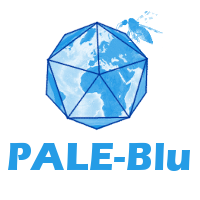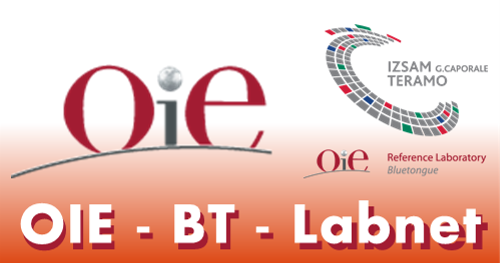Partner 18 – Institut Pasteur (IP)
IP, Paris, France, is a non-profit private foundation dedicated to the prevention and treatment of diseases, with a major focus on infectious diseases through biomedical research, education, and public health activities. It includes a worldwide network of 30 institutes working on emerging viruses including arboviruses such as CCHFV, CHIKV and WMV. Several research units are studying arboviruses and hemorrhagic fevers including the 3 participating to EDENext : « Unité insectes et maladies infectieuses » (UIMI, Paul Reiter), « Unité de génétique moléculaire des Bunyavirus » (UGMB, Michèle Bouloy), « Unité des infections virales émergentes » (UBIVE, Noel Tordo). UBIVE is also hosting the National Reference Centre (NRC) for Viral Haemorrhagic Fevers (VHF) and a WHO Collaborative Centre (WHOCC) for VHF and Arboviruses. UGMB is heading an OIE Reference Laboratory for RVFV and CCHFV to which UBIVE is participating.
UIMI/UGMB units are located on the Paris campus and have access to many platforms (imaging, sequencing, technology for microarray, protein analysis, etc.) as well as BSL2/3 labs and A2/A3 animal facilities including insectarium. UBIVE is located in Lyon-Gerland and benefits from the BSL3/4 and A3/4 facilities.
UIMI is oriented to the epidemiology and control of mosquito-borne arboviruses. Research is focused on (1) control of Aedes aegypti by genetically modified males (RIDL) ; vertical transmission of yellow fever and West Nile virus ; (3) epidemiology of West Nile Virus (WNV) in the field ; (4) epidemiology and control of dengue in Singapore.
GMB has a long experience in research on bunyaviruses including RVFV and CCHFV. Research is mainly focused on: (1) host cell / virus interactions in vitro and in vivo by comparing pathogenic and non-pathogenic models (RVFV/clone 13 ; CCHFV/Dugbe); (2) development of vaccines against RVFV; (3) mosquitoes competence for different arboviruses like CHIKV and RVFV; (4) production of recombinant antigens for diagnosis by ELISA of arboviruses (RVFV, CCHFV) and Hantaviruses (Puumala).
UBIVE develops expertise in research, surveillance and diagnosis of Biosafety Level 4 and 3 (BSL4/3) viruses, mainly responsible for hemorrhagic fevers (Arena-, Filo-, Bunyavirus like CCHFV) or encephalitis (Henipavirus). Research is mainly focused on: (1) understanding the pathophysiology of BSL4 viruses by comparing pathogenic and non-pathogenic models at the molecular and immunological levels, and elucidating host-virus interactions in vitro and in vivo; (2) setting up animal models (from rodents to non-human primates) reproducing BSL3/4 virus infections both to study their pathophysiology or to screen the efficiency of vaccines or therapeutics. In addition, due to Natl/WHO/OIE reference centre, UBIVE is maintaining a collection of BSL3/4 viral species (Arena, Filo, Henipa, Bunya) as well as a complete panel of reagents/methods for diagnosis and/or surveillance including serologic, antigenic and genetic tools as well as expertise in virus isolation.
Institut Pasteur is involved in various European Projects on emerging viruses: IUMI is Steering Committee member and co-ordinator of West Nile Virus sub-project of EDEN;UGMB coordinates the Arbozoonet Network (FP7) and is associated partner of ENIVD (ECDC). UBIVE is partner in Arbozoonet, RiViGene (FP6); ENIVD (ECDC) and associated partner in Euronet P4 (DG-SANCO) and Empirie (FP7).





